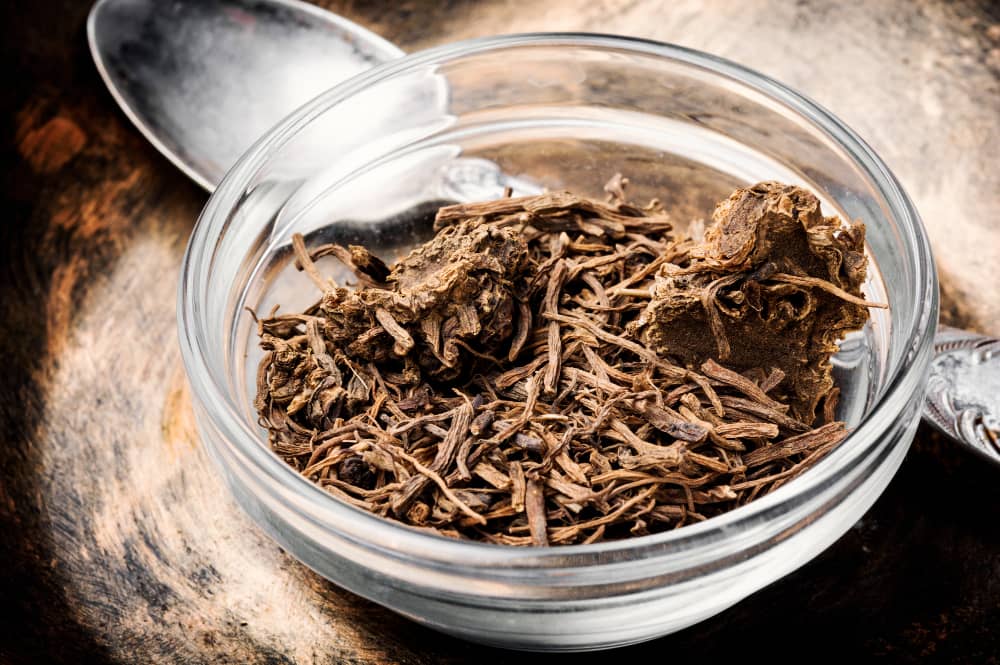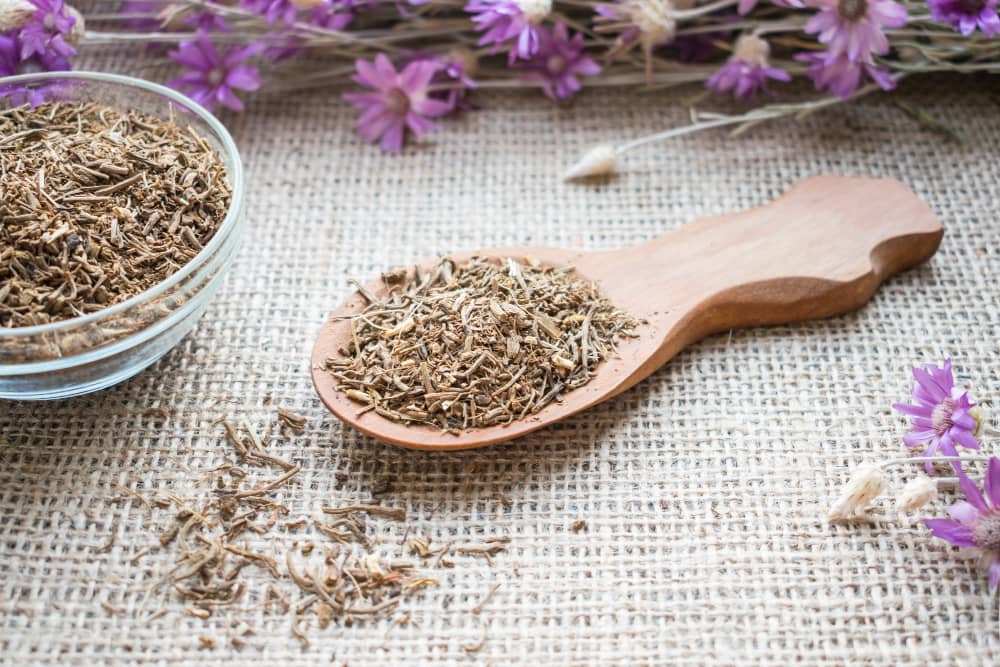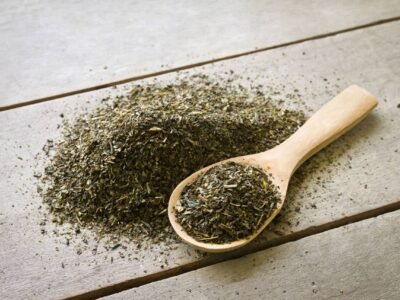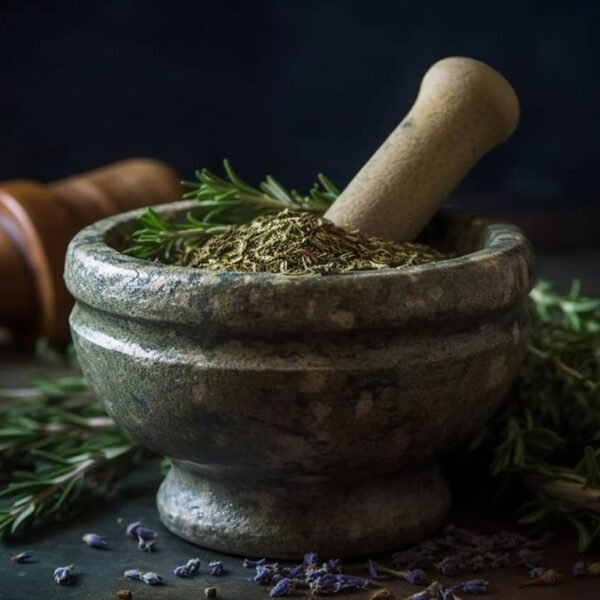Valerian root is one of the most popular herbal supplements on the market today. It is commonly used to treat anxiety and insomnia, but what is it and what are the potential benefits and side effects?
Valerian root is an herbal supplement that has been used for centuries to treat a variety of ailments. The most common uses are for anxiety and insomnia, but it has also been shown to be effective for headaches, stomachaches, and menopausal symptoms.
The active ingredient in valerian root is thought to be valerenic acid, which has sedative and anxiolytic (anti-anxiety) properties. Valerian root is generally well-tolerated, but some people may experience side effects such as headaches, stomach upset, and dry mouth.
If you’re considering taking valerian root, talk to your healthcare provider first to make sure it’s right for you.
Scientific Name: VALERIANA OFFICINALIS

What is Valerian Root
Valerian root is a perennial herb that has been used medicinally for centuries. The root is the part of the plant that is used, and it can be dried and made into a tea or supplement. Valerian root contains compounds that have sedative and calming effects, making it an effective treatment to treat anxiety and insomnia. There is some evidence to support the use of valerian root for these conditions, but more research is needed. Valerian root can cause side effects, including headaches and dizziness. It should not be taken with alcohol or other medications that can cause drowsiness.
Valerian Root Benefits
Today, valerian root is most commonly used as a natural sleep aid or to relieve anxiety. Some research suggests that valerian root may be effective in treating insomnia, but more studies are needed. In addition to being taken as a supplement, valerian root is also sometimes used as an essential oil. There are many potential benefits of taking valerian root.
In addition to being a natural sleep aid, valerian root may also help to relieve anxiety and tension headaches. Valerian root may also have some anti-inflammatory and antioxidant properties. If you’re considering taking valerian root, it’s important to talk to your healthcare provider first. Valerian root can interact with some medications, so it’s important to make sure it’s safe for you to take. You should also be aware that there is some evidence that valerian root can cause liver damage in rare cases.
Valerian Root Side Effects
Valerian root is a popular herbal supplement that is often used to treat anxiety and insomnia. Although it is generally considered safe, there are some potential side effects that you should be aware of before taking it. The most common side effect is headache.
Valerian root can also cause dizziness, gastrointestinal distress, and rashes. It can also interact with other medications, so be sure to speak to your doctor before taking it if you are on any other medication. If you experience any of these side effects, stop taking valerian root and speak to your doctor.

Valerian Root Dosage
Valerian root is a popular herbal remedy for anxiety and insomnia. But what is the proper dosage? The recommended dose of valerian root is between 300 and 600 mg per day. It can be taken in capsule form or as a tea. If you are taking it in capsule form, it is best to take it with a meal to reduce the risk of gastrointestinal upset. Valerian root is generally considered safe, but side effects can include headache, dizziness, and nausea. If you experience any of these side effects, reduce your dose or stop taking valerian root altogether.
Valerian Root Interactions
Valerian Root Valerian root is a popular herbal remedy for insomnia and anxiety. It is generally considered safe, but there are some potential interactions to be aware of. Valerian root can interact with sedatives, anticonvulsants, and other medications that cause drowsiness.
If you take any of these medications, it’s best to avoid valerian root or talk to your doctor first. Valerian root can also interact with certain herbs and supplements, such as St. John’s wort and kava kava. When taken together, these substances can cause excessive drowsiness. Therefore, it’s important to talk to your doctor before taking valerian root with any other herbs or supplements.
Final Words
Valerian root is a popular herbal remedy that has been used for centuries to treat a variety of disorders. Though it is generally considered safe, there are some potential side effects and interactions to be aware of. Be sure to speak with your healthcare provider before taking valerian root, and start with a lower dosage to see how you tolerate it.










